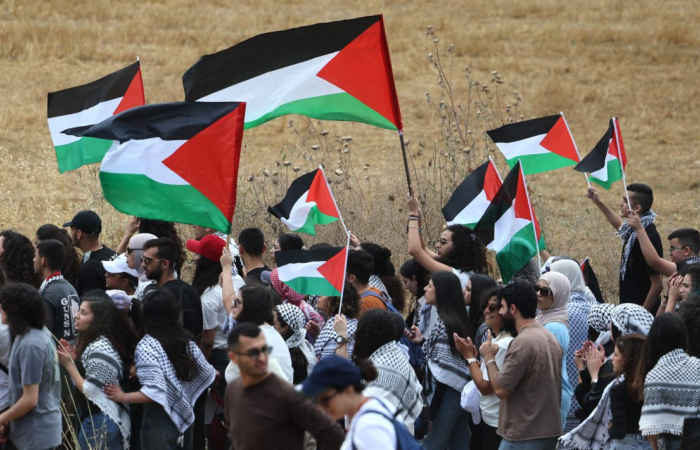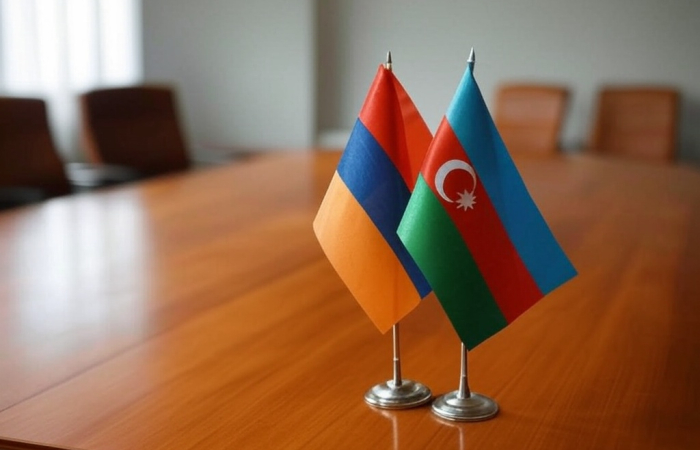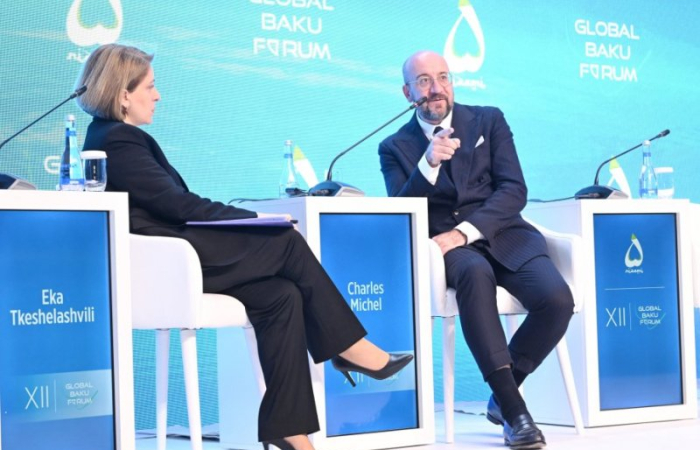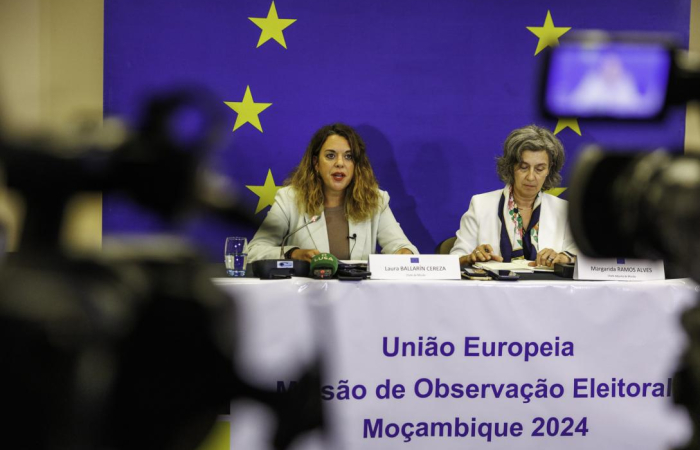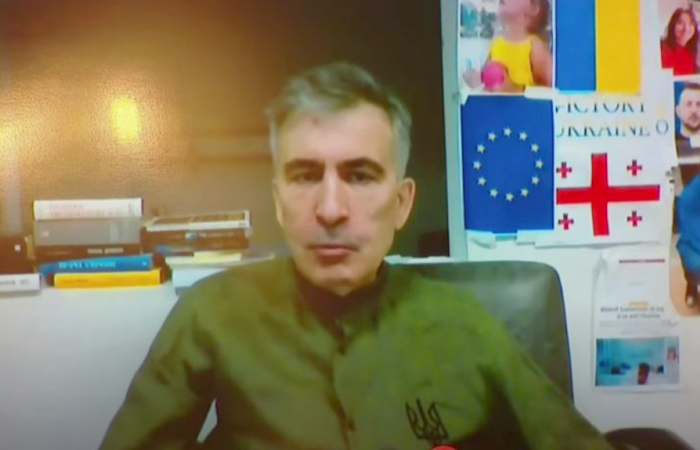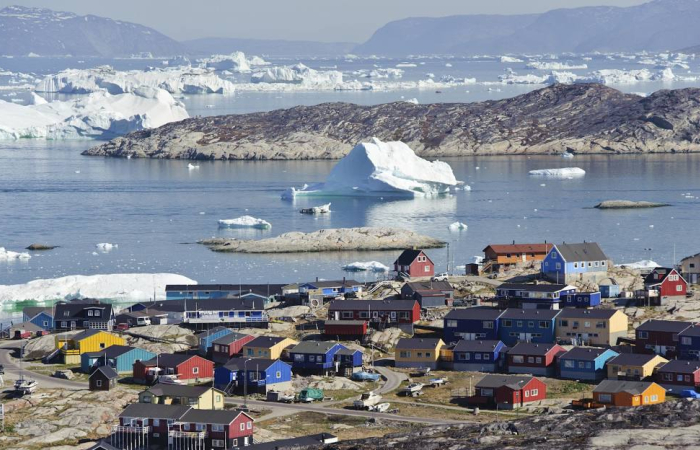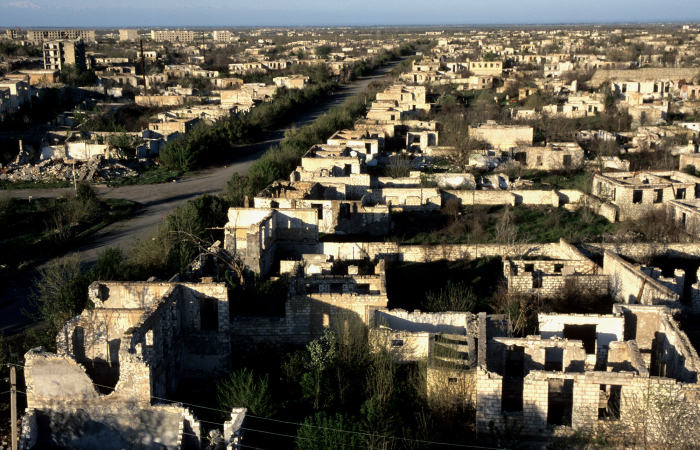Trending
- Conflict and Peace
- Monday Commentary
- Defence
- Diplomacy
- Domestic Politics
- Geostrategic Europe
- South Caucasus
Armenia and Azerbaijan Peace Agreement: A step in the right direction...but just a step
17 March 2025
The news, released simultaneously in Baku and Yerevan, that Armenia and Azerbaijan had successfully concluded negotiations on a peace agreement is very welcome. Negotiations had been going on for a long time, sometimes in person and sometimes by email, sometimes with the participation of third-party mediators, but most of the time bilaterally without third parties. Armenia and Azerbaijan should be congratulated. The EU, US, Russia and France were amongst the first to praise the sides for their success.




